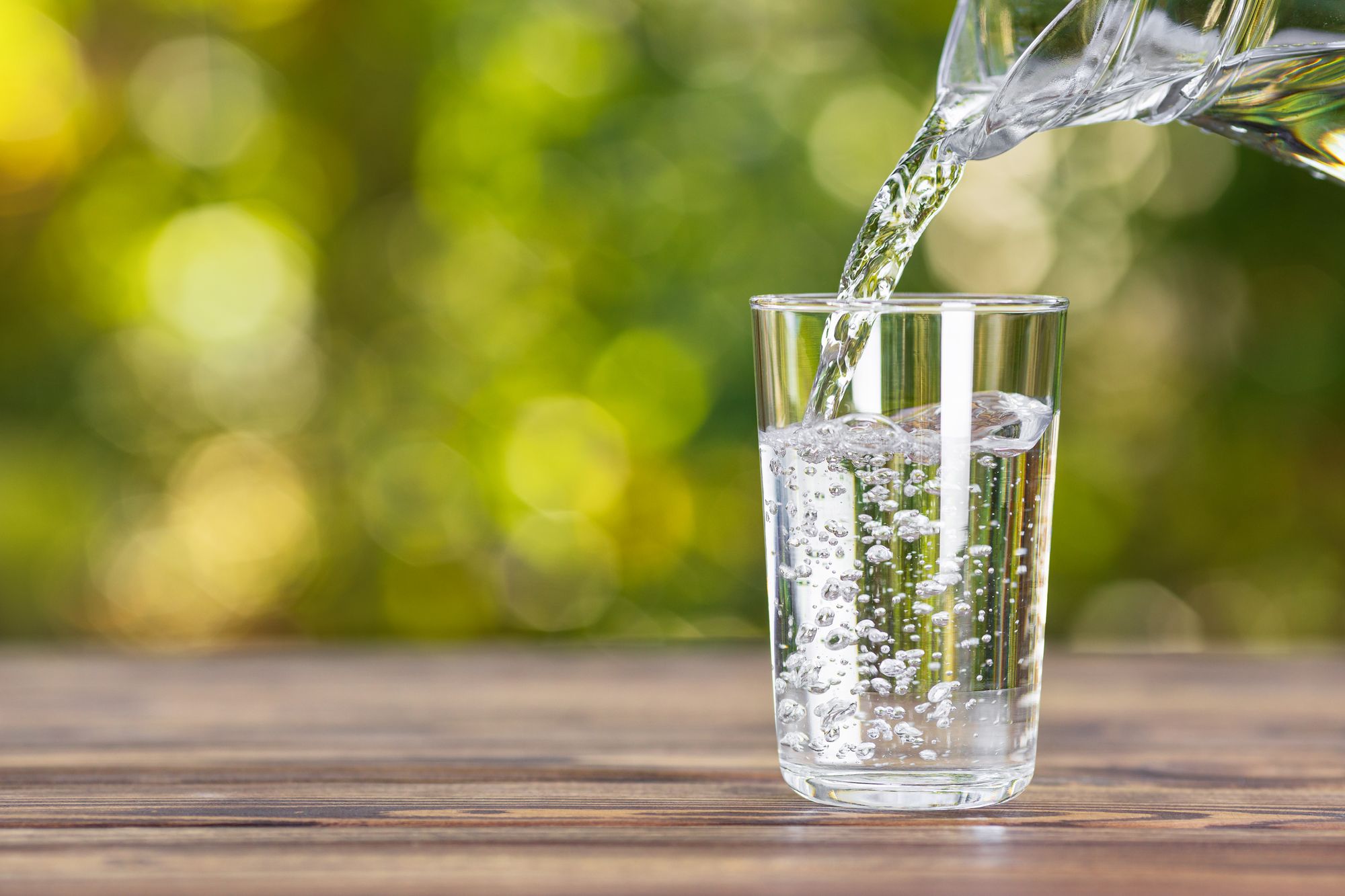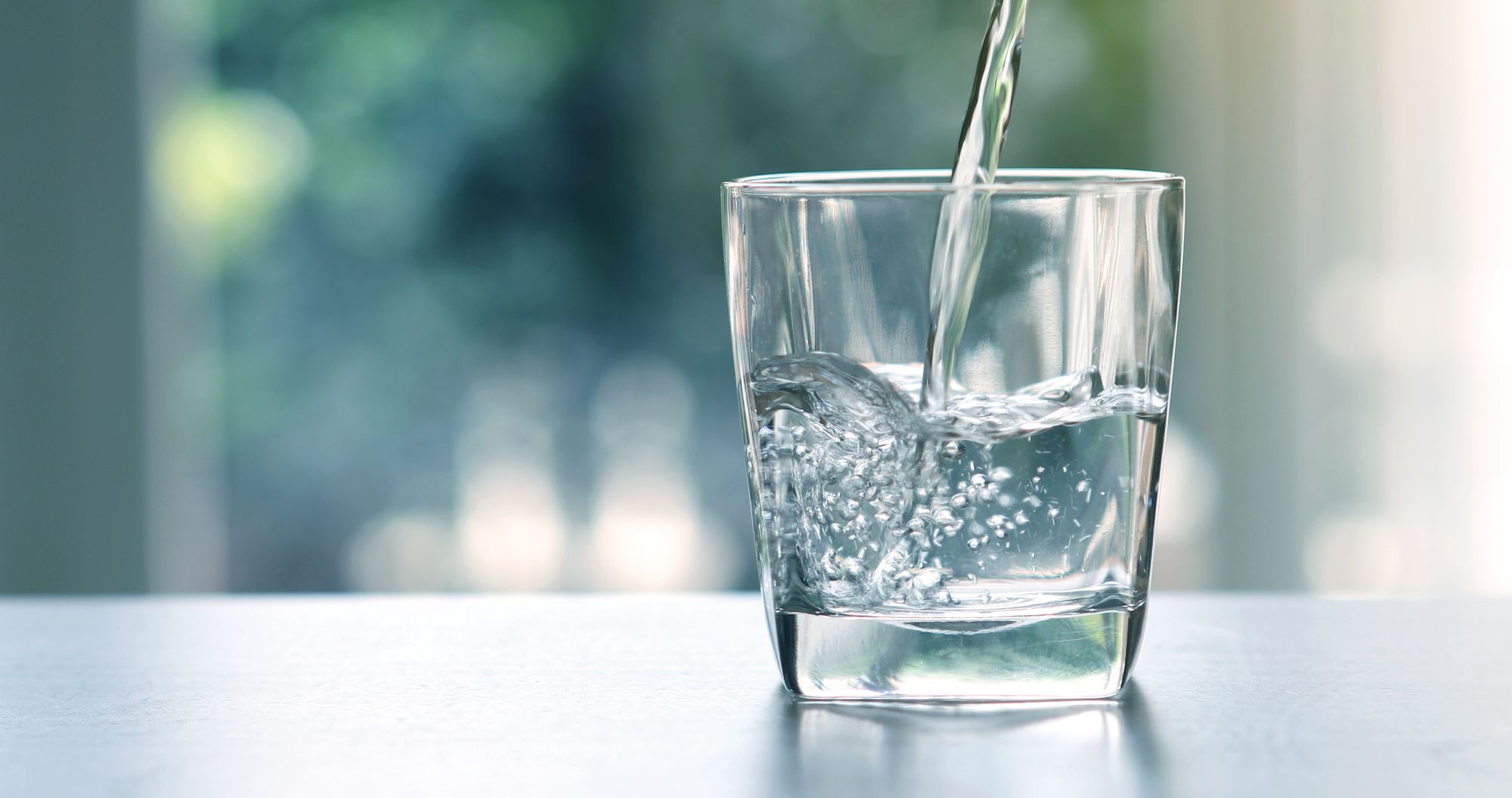The act of drinking water is typically associated with quenching thirst on hot days, whether in the spring or summer. While staying hydrated is essential for a healthy lifestyle, the question remains: can drinking water contribute to weight loss?
If you're on a weight loss journey and already implementing healthy habits like limiting fried and sugary foods, engaging in physical activity, and adopting other beneficial practices, then ensuring you're drinking enough water may be the missing piece to help you achieve your goals. If you're struggling to achieve your desired weight loss results, then the straightforward act of drinking enough water and staying hydrated may be just what your body needs. But why is water so essential to weight loss?
If you're curious about how drinking more water can assist with weight loss and how much water you should be consuming daily to support your weight management goals, then keep reading.
Can Adequate Water Consumption Assist with Weight Loss?

Drinking high-quality water, as Adam Sandler's character would say in The Waterboy, may be an unexpected ally in your weight loss journey. Incorporating this habit with other weight loss-supporting practices like physical activity and a balanced, calorie-appropriate diet can lead to significant results.
Water is an excellent beverage option for those seeking to lose weight, unlike sugary sodas or fancy coffee drinks, as it contains zero calories, carbs, sugar, salt, and fat. Consuming water won't contribute to your daily nutrient intake, making it a great choice for individuals trying to manage their calorie intake.
Water is not just a calorie-free way to quench your thirst; research suggests that it may also increase your metabolic rate, leading to increased calorie burning even when at rest. One study published in Nutrition & Diabetes found that drinking around 16 ounces of water is linked to elevated resting energy expenditure, indicating that the body uses more calories when this amount of water is consumed than when it is not.
In addition to its ability to increase metabolism, drinking water may also aid in breaking down fat. Research published in Frontiers in Nutrition suggests that sufficient fluid intake is necessary for the body to break down fat. Inadequate fluid intake may hinder the body's ability to use fat as fuel.
What is the Optimal Water Intake for Weight Loss?

Determining the appropriate amount of water intake for weight loss can depend on various factors, such as your weight, exercise routine, and sweat levels.
According to the Institute of Medicine, healthy adult men should aim to consume approximately 15.5 cups (3.7 liters) of fluid each day, while healthy adult women should aim for around 11.5 cups (2.7 liters). This daily fluid intake includes not only water, but also other beverages and water-rich foods such as watermelon and cucumbers.
It's important to have realistic expectations regarding the impact of increased water intake on weight loss. Simply drinking more water without incorporating healthy habits such as regular exercise, quality sleep, and a balanced diet is unlikely to lead to significant weight loss.

